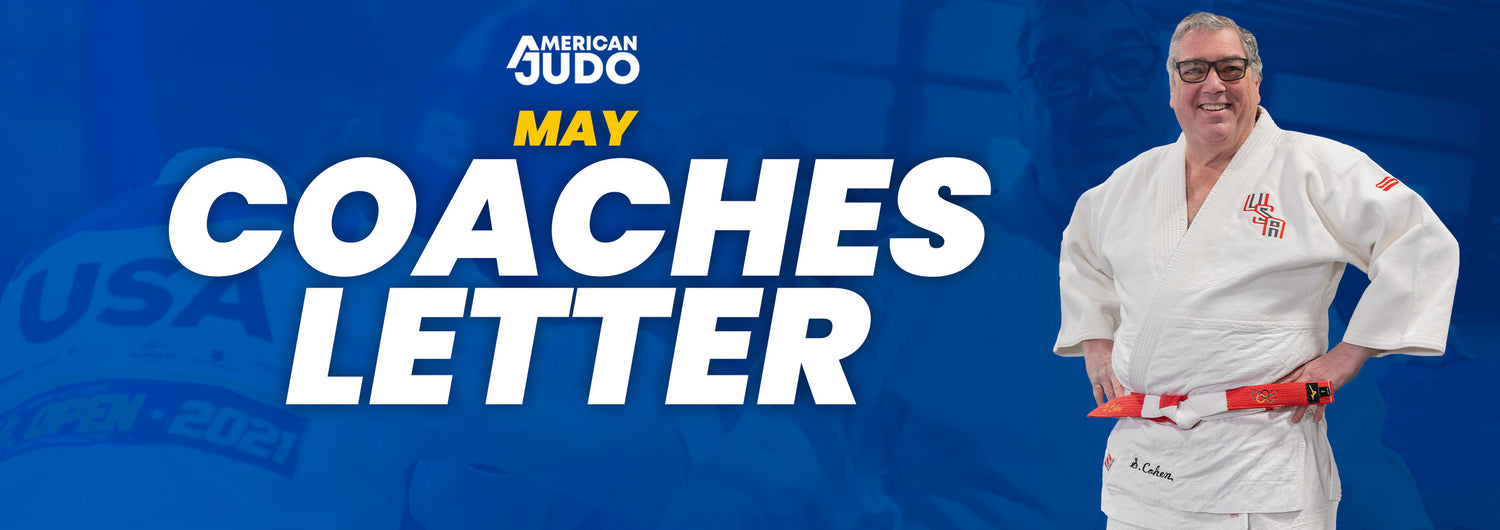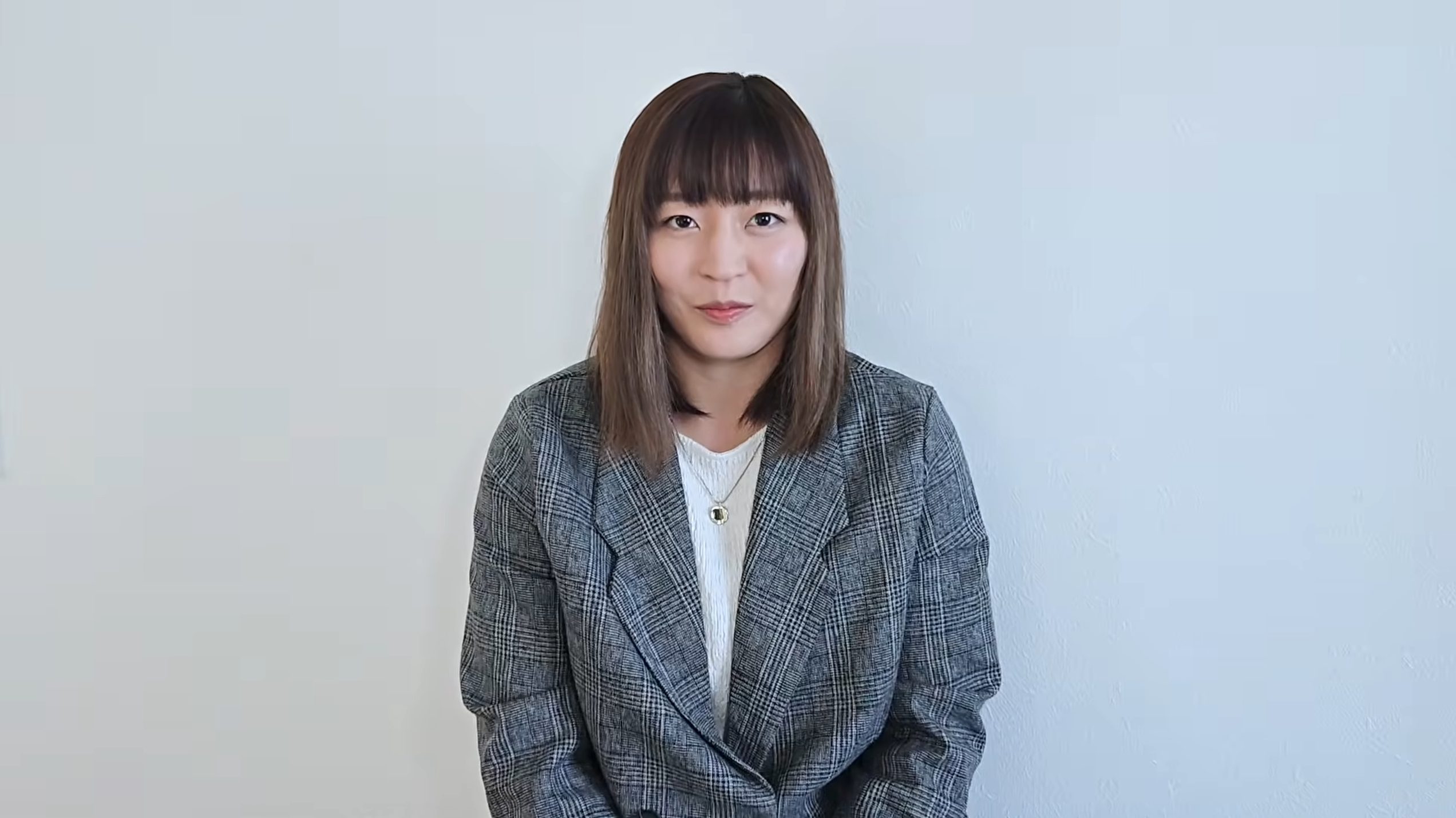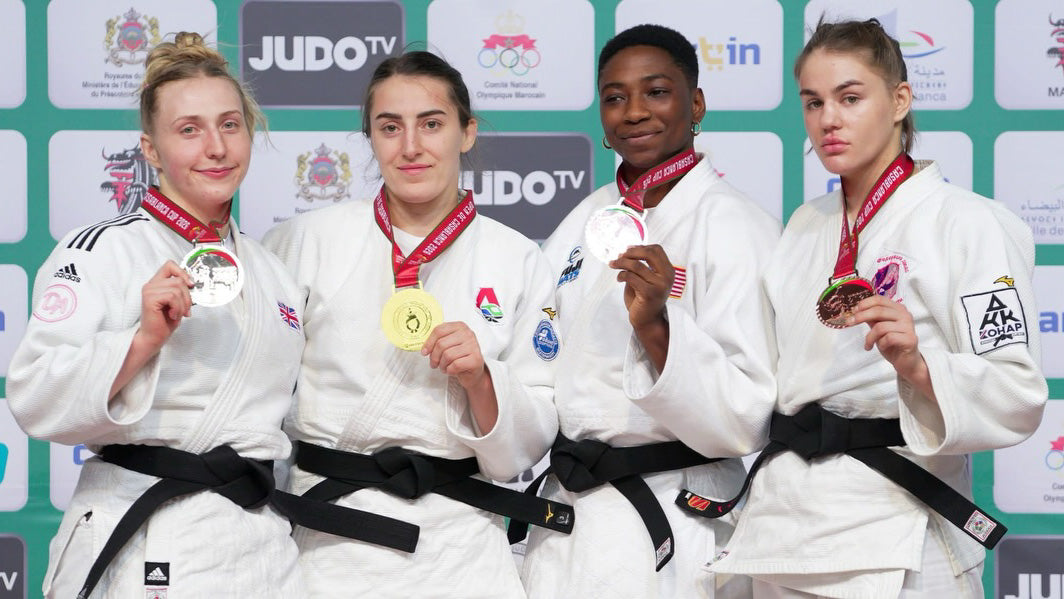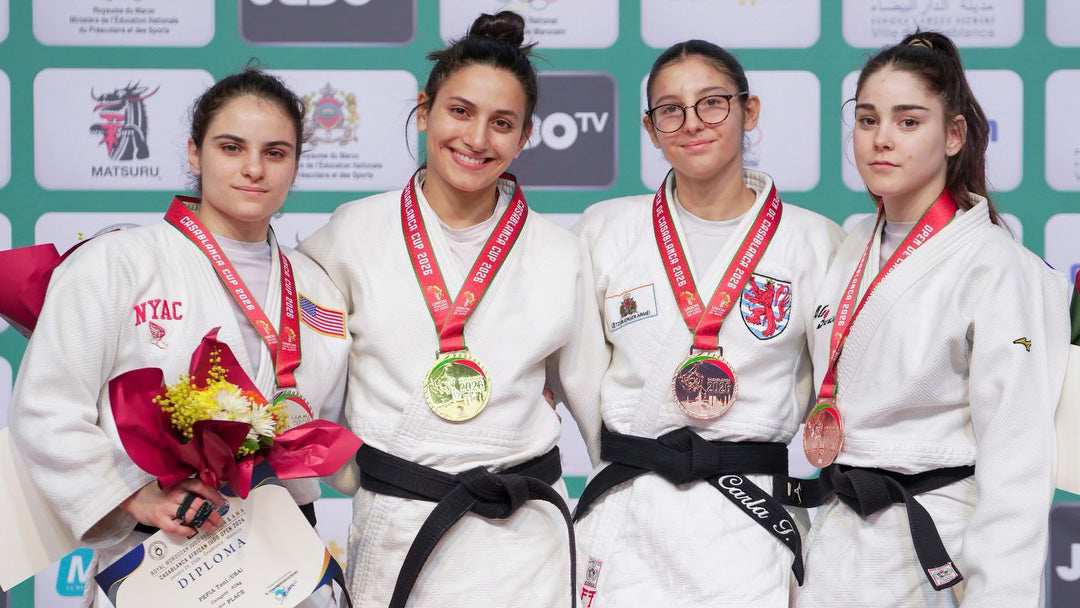RECAP FROM LAST MONTH
We have now reached the two-year mark or more in our judo students' learning journey. At this stage, my expectations are that your judo athletes have acquired techniques in all directions. If you have followed the guidance provided in the American Judo System coaching letters and live sessions, your students should have developed good fundamental judo skills. This is crucial as we progress to the next stage of development. If one or more of your students need more time to develop these skills, invest the necessary time to teach them. Progressing them to the next stage of learning without these foundational skills is unfair to them and sets them up for failure.
SENSE OF AWARENESS
- Where you are relative to your opponent
- Where you are relative to the mat area
- Where you are relative to the match
The three points above have several subsections. I will cover one point here in this month's letter and the following two bulleted point in the next two months.
WHERE YOU ARE RELATIVE TO YOUR OPPONENT
In every sport or game with an opponent, it's crucial to be aware of what your opponent is doing and where they are at all times. In the early stages of judo development, most if not all students are primarily focused on their own moves, with little regard for their opponent. While this is normal initially, it's time to teach them to be aware of their opponent.
- Is your opponent right-handed or left-handed?
- Where are you standing relative to your opponent?
- Where are you positioned when you make your attack?
- Is your opponent leaning forward or backward?
When developing your athlete, always bear in mind that learning judo takes many years. Applying a technique correctly is challenging at this stage, so developing a sense of awareness will take time. Manage your expectations accordingly.
Knowing whether your opponent is right or left-handed is critical. Learning how to grip against both sides is necessary. I recommend starting by watching the gripping videos on the American Judo System platform! I will delve into more specific gripping situations and strategies as we progress.
For the other three bullet points, I teach my students to freeze during randori. When I say freeze, they maintain their grip, stance, and position without moving. I can then demonstrate their position relative to their opponent, their opponent's position, and what throw they should choose. Ensure you address their posture if necessary. Show them their vulnerability to being countered from their current position, then reposition them and demonstrate the strength of their new position. Ask them what throw they would choose now that they're repositioned. Most of the time, it will differ from their initial plan.
This process will require time and considerable focus from you. Remember, as you focus on your students' development, be sure to acknowledge their successes as well as their adjustments. They won't always know when they're performing correctly.
COACHES' MISSION
Remember that our mission as coaches and teachers is to remain faithful to our culture and to enhance the skills of our athletes. While winning tournaments and aiming for national rankings may be desired for the athletes, their parents, and sometimes the coaches themselves, the primary goal in development is continual learning and improvement. Winning becomes meaningless if we fail to advance our knowledge and abilities. The most effective approach to achieve this is by fostering a culture in your dojo that values effort over mere success. Your students compete eight to twelve times a year, but they will spend over one hundred sessions in your dojo. Thus, you have the opportunity to shape the culture and guide the athletes. This must be a daily endeavor.
Remember, every student is unique and will progress differently; some may advance faster than others. This is normal, so never become discouraged and always utilize positive reinforcement to motivate your students. I always conclude my classes on a high note. Regardless of the class's intensity, your students should leave feeling positive.
My next Coaches Call will be on Saturday, May 26th @ 12:00pm est. I hope to see you there!
Technique Development will be the topic of the call but as always, I will be open to questions and other topics as well. We will be adding video examples on how to develop a technique and what the end product should look like.



